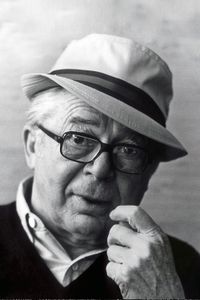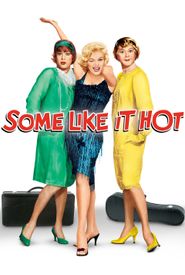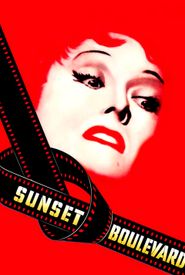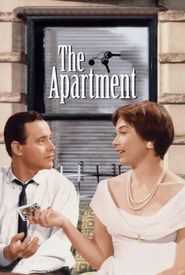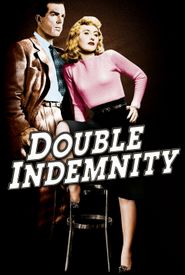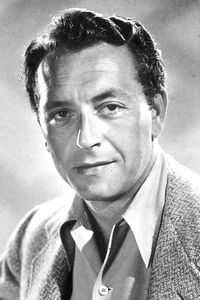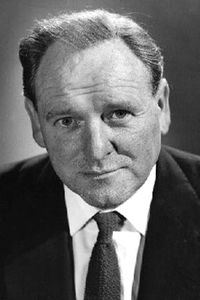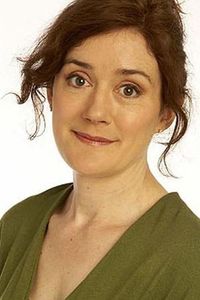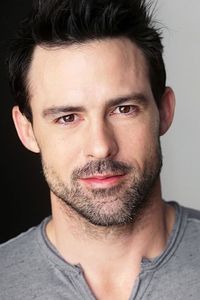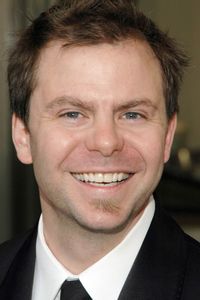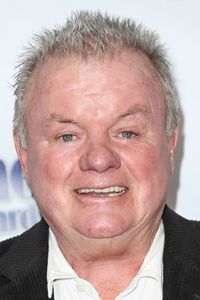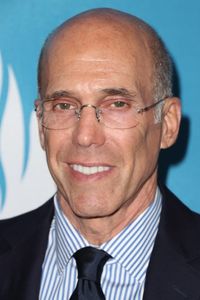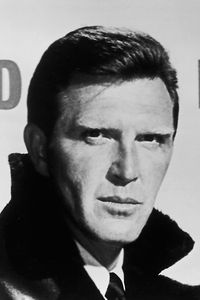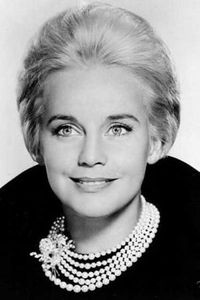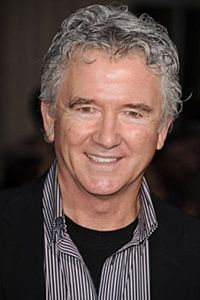Billy Wilder was a renowned Austrian-born filmmaker, widely regarded as one of the most exceptional directors, screenwriters, and producers of Hollywood's golden age. Despite his impressive body of work, he is perhaps most famously known for his comedies, although he also left an indelible mark on the drama and film noir genres.
Wilder's journey as a writer began in Germany, where he penned screenplays for comedy films from 1930 onwards. However, following the Nazi party's rise to power in 1933, he was forced to flee to the United States, where he continued to hone his craft as a screenwriter. Notable credits during this period include Ernst Lubitsch's Ninotchka (1939) and Howard Hawks' Ball of Fire (1941).
As Wilder's career progressed, he was eventually granted the opportunity to bring his own screenplays to life on the big screen. This marked the beginning of his illustrious directorial career, which initially saw him excel in the realm of dramatic film noirs. Some of his most notable early successes in this genre include Double Indemnity (1944),The Lost Weekend (1945),Sunset Boulevard (1950),and Ace in the Hole (1951).
However, it was only later in his career that Wilder began to explore the world of comedy, with films such as Stalag 17 (1953),Sabrina (1954),and The Seven Year Itch (1955) showcasing his remarkable ability to craft humorous, yet poignant stories. A brief detour into the realm of courtroom drama with Witness for the Prosecution (1957) was followed by the creation of two of his most iconic comedies: Some Like It Hot (1959) and The Apartment (1960).
The latter film, which received a staggering five Academy Awards, cemented Wilder's status as a master of his craft. He went on to direct a further seven films over the next two decades, although critical and commercial reception was not always as enthusiastic. One notable exception was the German-French drama Fedora (1978),which has since gained a new level of appreciation among film enthusiasts.
In the twilight of his career, Wilder was approached to direct Schindler's List, a project he had long desired to undertake. Unfortunately, due to his advanced age, he was ultimately forced to decline the opportunity, bringing an end to his illustrious career as a filmmaker.
